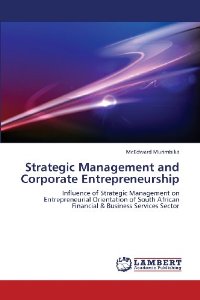Every overview of the global economy points to Africa as the fastest growing region. It is the least internally exposed to the current economic jitters such as the financial institutions albatross and the corrosive threats of sovereign debt crisis. This environment has forced big foreign investors to look to this region with keen interest. Make no mistake, Africa is still riddled with serious risks such as civil wars (Mali, CAR, DRC, you name them) and political instabilities in resource rich countries such as Zimbabwe and a few other skirmishes elsewhere. Overall, the continent is in a better position it has ever been since the dawn of independence and democracy.
Some countries like Angola are reversing the colonial relationship they have had with former colonial master Portugal. Funds are even flowing from Luanda to Lisbon. The race to be Africa's biggest economy is on with Nigeria eyeing the opportunity to topple South Africa from that long held position. South Africa itself is now a member of BRICS, a globally powerful economic block. South Africa is the smallest partner in this block and is considered the "Gateway to Africa" (City of Durban hosted South Africa's fist BRICS Summit in March 2013). All these dynamics are exposing Africa-base corporations and large local firms to new challenges and never-experienced-before hyper-competitive global economic environment.
Are African Corporate leaders ready enough?
In this hyper competitive global environment, traditional organisational drivers
and management strategies built around the “business as usual” will not give these business any for of sustainable competitiveness. The usual business restructuring tools of downsizing,
rightsizing, budget cuts will not bring sustainable competitiveness to many African corporate organisations that have hoped to get redemption from the global economic
shack-down.
Even the “too big to fail” approaches have lost relevance in a hyper-competitive
global environment and in some recent cases the traditional business leaders
have presided over complete wipe-out of shareholder value with huge organisational
consequences than ever seen before.
The question now is are African Corporate Leaders geared enough to ride these global challenges and navigate through the competition being fuelled by new foreign capital investments?
Take South Africa as an example, it is the largest and most developed economy on the continent and yet, since the dawn of democracy in 1994, the country has failed to reach self-set average economic growth target of 6%. We have to ask, are South Africa Corporations responding enough to the economic challenges of the country and the dynamics of the fastest growing Africa region in the global economy? After all, the country's stock exchange, JSE, is home of some global blue chip firms. What about other African corporations, are they adopting sustainable competitive orientations?
From strategy to operations, and from function to organisational design, are Africa's corporate citizens building corporate entrepreneurial functional skills, develop and adopt entrepreneurial strategies and boost sustainable performance and competiveness for the long term?

